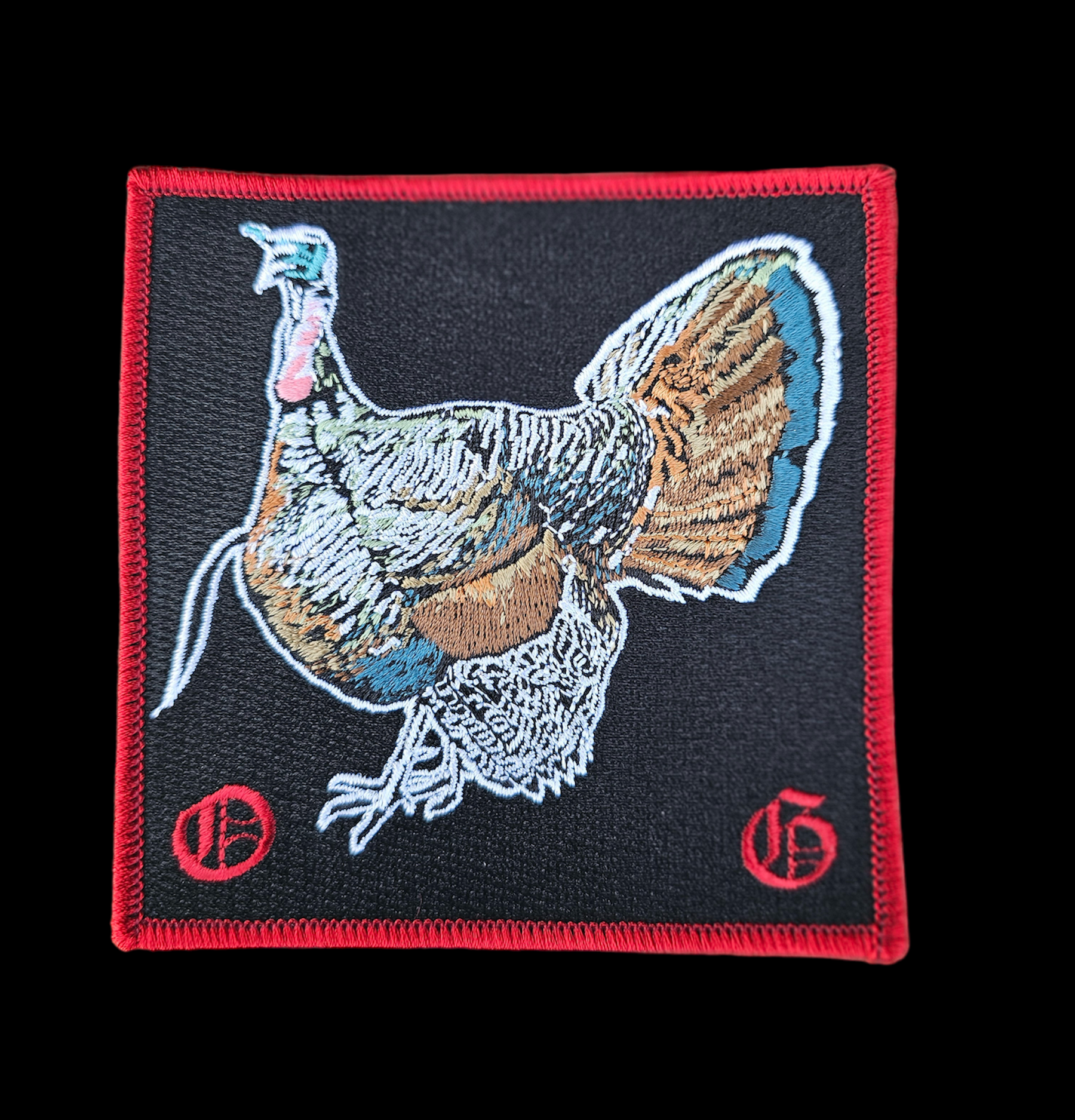       |
Key points for Begiinners, what should they knowStarted by eggshell, March 16, 2019, 04:22:06 PM Previous topic - Next topic
User actions
|
       |
Key points for Begiinners, what should they knowStarted by eggshell, March 16, 2019, 04:22:06 PM Previous topic - Next topic
User actions
|